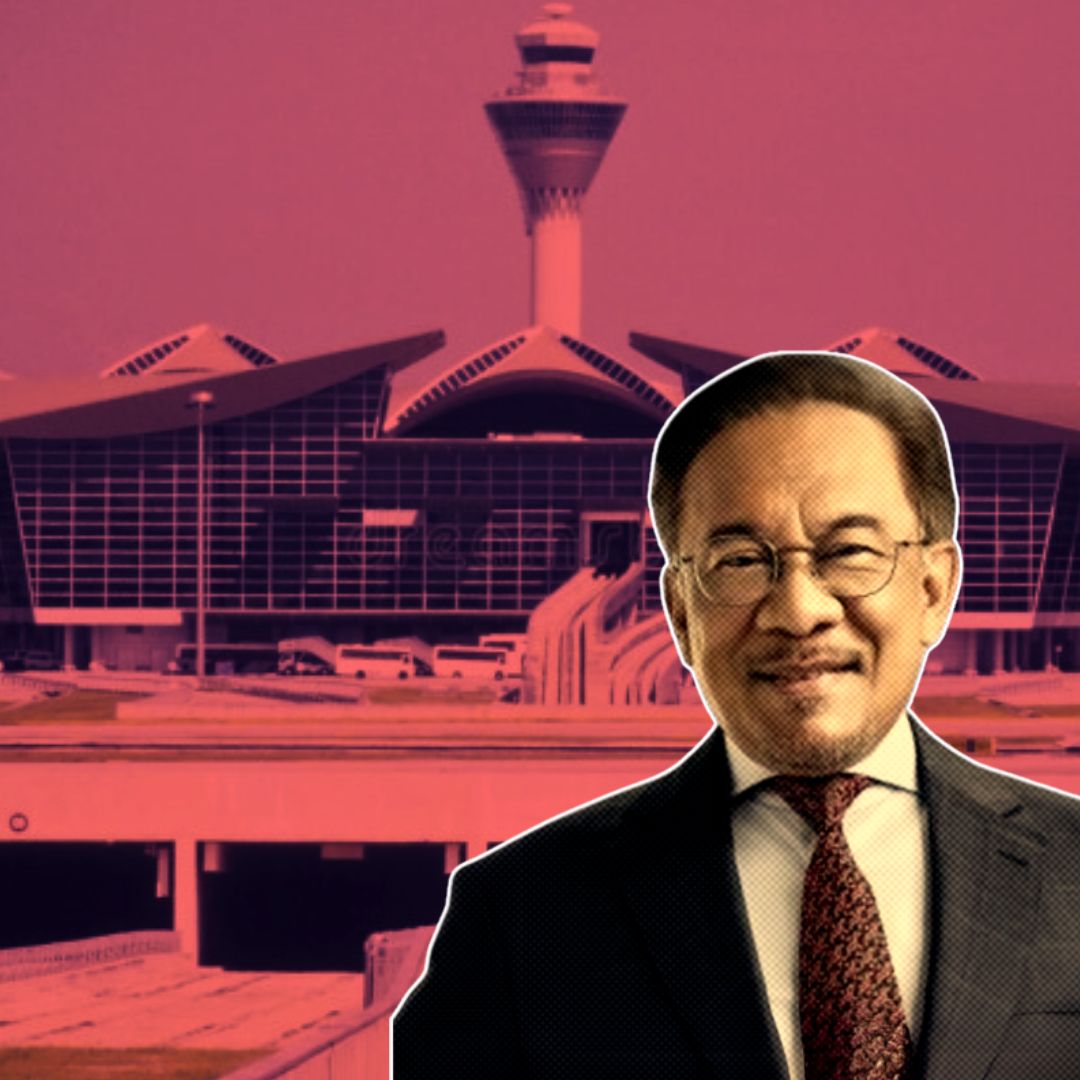Malaysian Prime Minister Datuk Seri Anwar Ibrahim confirmed that Malaysia Airports Holdings Berhad (MAHB) was targeted by a cyberattack on March 23, with hackers demanding a ransom of US$10 million (approximately ₹82 crore). The government swiftly rejected the demand, citing national security concerns.
MAHB and the National Cyber Security Agency (Nacsa) assured that operations at Kuala Lumpur International Airport (KLIA) remain unaffected, while investigations continue to assess the extent of the breach. This incident highlights the increasing vulnerability of critical infrastructure to cyber threats.
Cybersecurity Threat at KLIA: Immediate Response and Assurance
The cyberattack, revealed during the 218th Police Day celebration, specifically targeted the digital systems of KLIA, one of Southeast Asia’s busiest airports. Prime Minister Anwar stated he rejected the ransom demand “within five seconds,” emphasising that yielding to such threats would compromise national security and set a dangerous precedent for future attacks.
In a joint statement, MAHB managing director Datuk Mohd Izani Ghani and Nacsa chief executive Dr Megat Zulhairy Megat Tajuddin confirmed that airport operations remain uninterrupted and secure, reassuring the public that flight schedules have not been affected.
Both organisations have launched comprehensive investigations into the breach, working closely with cybersecurity experts to identify vulnerabilities and prevent future incidents. Anwar has called for immediate action to strengthen cybersecurity protocols across all critical infrastructure in Malaysia. He stated, “We must ensure our systems are resilient against such malicious attacks,” highlighting the need for a proactive approach to cybersecurity.
Growing Concerns Over Cybersecurity in Malaysia
This incident underscores the increasing vulnerability of critical infrastructure to cyber threats, particularly as digital systems become more integrated into daily operations. Anwar highlighted the pressing need for enhanced funding for cybersecurity initiatives involving various agencies, including Bank Negara Malaysia and the Royal Malaysia Police.
He expressed confidence in Malaysia’s preparedness to face future cyber challenges, stressing the importance of creating a robust cybersecurity ecosystem. The Prime Minister also pointed out that this attack is part of a broader trend affecting nations worldwide, where cybercriminals are increasingly targeting essential services.
In response, discussions are underway to bolster national cybersecurity strategies, including training more cybersecurity professionals and implementing advanced technologies to detect and mitigate threats.
International Repercussions and Cybersecurity Collaboration
The attack on MAHB has raised alarms not only within Malaysia but also in the international community regarding cybersecurity protocols in airports globally. Experts suggest that this incident may lead to increased scrutiny of airport security measures worldwide, as nations reassess their vulnerability to similar attacks.
Anwar’s administration is expected to collaborate with international cybersecurity agencies to share intelligence and best practices, aiming to fortify defences against potential future attacks.
In light of this incident, regional cooperation is becoming increasingly vital. Countries in Southeast Asia may consider forming alliances focused on cybersecurity resilience, sharing resources and knowledge to combat common threats. Such collaborative efforts could enhance regional stability and security in aviation while fostering a collective response to emerging cyber risks.
The Logical Indian’s Perspective
The attack on MAHB highlights the urgent need for governments worldwide to prioritise cybersecurity as digital systems become integral to public infrastructure. Anwar’s resolute rejection of the ransom demand reflects a commitment to safeguarding national integrity and sending a clear message that Malaysia will not bow down to cybercriminals.
As cyber threats grow more sophisticated, fostering international cooperation and investing in advanced security measures are crucial steps forward. Moreover, this incident serves as a wake-up call for all nations regarding the importance of securing critical infrastructure against cyberattacks.
It raises an important question: How can communities and governments collaborate effectively to create a safer digital environment while ensuring accountability for such attacks? Engaging in constructive dialogue around these issues can help foster resilience and unity in facing future challenges together.













